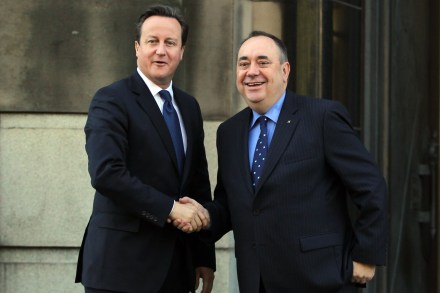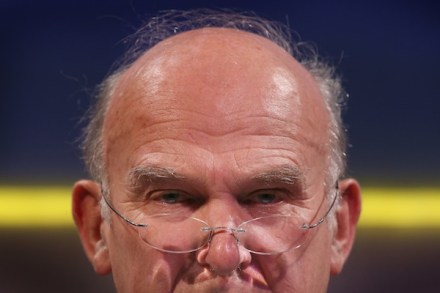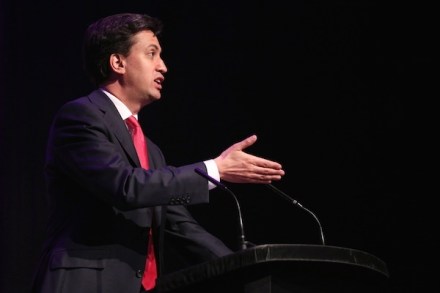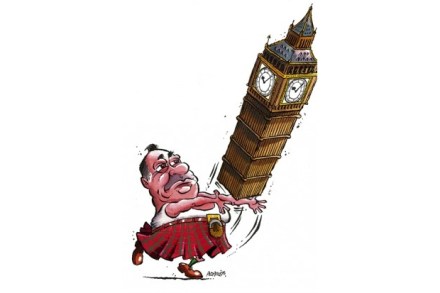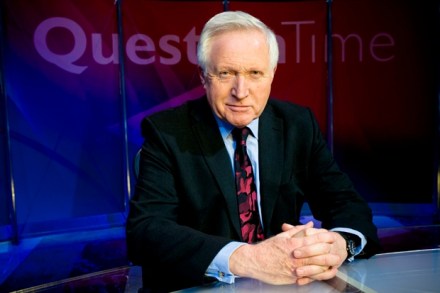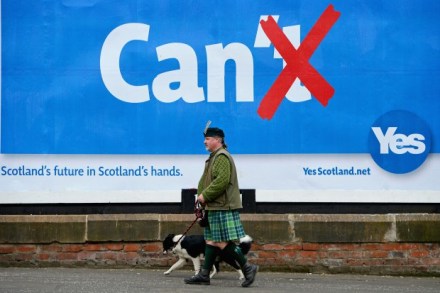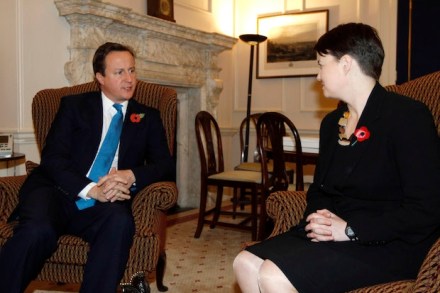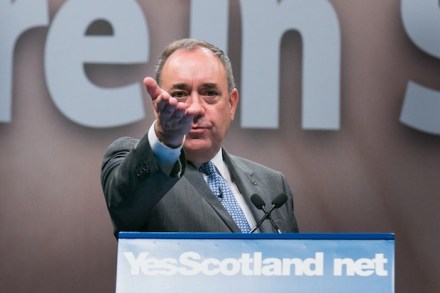Could the Tories do a deal with the SNP? (Yes they could)
We have been here before, you know. Seven years ago Alex Salmond looked forward to the prospect of a hung parliament and spied an opportunity to ‘make Westminster dance to a Scottish jig’. If Scotland returned at least 20 SNP MPs – members, as the then First Minister indelicately put it, ‘ready, willing, and able to defend our parliament and our people’ – then Scotland’s interests might yet hold the balance of power in London. Not, he stressed, as part of any formal coalition but on a case-by-case and vote-by-vote basis. That didn’t happen, of course. The SNP won only six seats in 2010. Still, a victory delayed is not the
